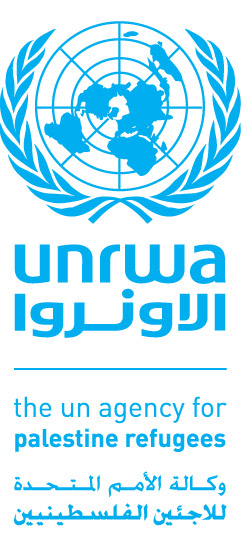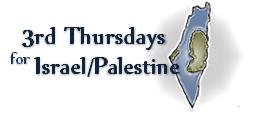Fellowship of Middle East Evangelical Churches
The Fellowship of the Middle East Evangelical Churches (FMEEC) shares an update on COVID-19
The Fellowship of the Middle East Evangelical Churches (FMEEC) is an association of the Evangelical (Protestant) churches of the Middle East which believe in one God, Father, Son and Holy Spirit, and in Jesus Christ as Lord, Savior and the one head of the church. They believe that the Holy Bible is the sole foundation for Christian doctrine. They confess that justification is by the grace of God through faith in Jesus Christ alone, and that good works are the fruit of faith.
The motivation for unity was always rooted in the faith and life of the Evangelical churches in the Middle East. The ecumenical movement in the Middle East sprang up from within the evangelical church, which through its biblical concepts and spirituality, yearns for unity. This motivation brought the Evangelical churches of the Middle East together. “The United Missionary Council in Jerusalem” (1924) was the first step, followed by the “Council of West Asia and North Africa” held at Helwan, Egypt in 1927, and its two peers, “The Missionary Conference of Syria and Palestine” held in the north, and “The Missionary Conference of all Egypt” held in the south. Later all these assemblies joined under one nomenclature, “The Near East Christian Council”. Thirty-five years later, in 1964 in Egypt, the Syrian Orthodox Church joined the council, whose name changed to “The Near East Council of Churches”. Then, in 1974, in order to encourage other churches in the Middle East to join the ecumenical movement, the Evangelical churches initiated the idea of playing a lesser role in administration and direct responsibility, in order that the other churches in the Middle East might join. As a result “The Middle East Council of Churches” came into existence on the basis of Orthodox, Oriental and Evangelical church families.
The yearning for unity does not mean that the member churches within the Fellowship of the Middle East Evangelical Churches are fully united. Theological questions related to eucharist and ministry are still unresolved, therefore the quest for unity is still a top priority for the FMEEC, which believes that unity amongst its members will foster the unity with the other families within the MECC. In 1997 the Fellowship formulated a “Proposal for the Unity of the Evangelical Churches in the Middle East”, which however was not accepted by all its members. In 2005 a new proposal was launched, aiming at a formal agreement between the churches of the Reformed and Lutheran traditions in the Fellowship. This agreement of full communion was reached in January 2006 at a meeting in Amman and is called The Amman Declaration of Lutheran and Reformed Churches in the Middle East and North Africa. It establishes the mutual recognition of baptism, eucharist, ministry and ordination. The churches that are signatories to the Declaration commit themselves to close cooperation and common witness.
The objectives of the Fellowship are to strengthen the mission and ministry of the Protestant churches, to promote leadership training and formation of the laity, men and women, and to bring the member churches to closer unity through working and learning together.
The Fellowship runs programmes in the areas of theology, women, Christian education, church-related schools, and service to the churches in Iran and Iraq.
Member Churches:
The fellowship is made up of 16 Evangelical churches.
- The Evangelical Church of Egypt ( known before as churches of the Synod of the Nile)
- The Episcopal/Anglican Church in Egypt and North Africa
- The National Evangelical Synod of Syria and Lebanon
- The Union of the Armenian Evangelical Churches in the Near East
- The National Evangelical Union of Lebanon
- The Episcopal/Anglican Church in Iran
- The Presbyterian Evangelical Church of Iran
- The Episcopal/Anglican Church in Jerusalem and the Middle East
- The Evangelical Lutheran Church in Jordan and the Holy Land
- The Episcopal Church in Cyprus and the Gulf
- The National Evangelical Church in Kuwait
- The Episcopal Church in the Sudan
- The Presbyterian Evangelical Church in the Sudan
- The Presbyterian Church in the Sudan
- The Protestant Church of Algeria and the Methodist Church of Tunisia
- The Council of the Protestant Churches in Iraq ( joined in January 2010)
Support this Ministry
To make a gift for this ministry online or by check use the online donation page.
- 100% of your gift will be directed to Fellowship of Middle East Evangelical Churches
- You will receive updates on the work in this area as they become available
- Share in the vision of God’s abundant life for all people
Related Content
Global Ministries among 104 Organizations Urging Trump Administration to Include UNRWA in Gaza’s Recovery
The United Nations Relief and Works Agency USA National Committee (UNRWA USA) led a national...
Read MoreSabeel Wave of Prayer – Week of Dec. 15, 2025
During the last week of advent starting on December 21st, many churches around the world will...
Read More


